Introduction to Hampshire Meat Sheep
Hampshire sheep are a popular breed known for their excellent meat quality and efficiency in meat production. Originating from Hampshire County in England, these sheep are valued for their muscular build, adaptability, and ability to produce flavorful, tender meat. Whether you’re a farmer, butcher, or consumer interested in pricing Hampshire meat sheep, this comprehensive guide offers everything you need to know about translating their weight—130 to 194 pounds—into dollar values.
Understanding the pricing of Hampshire meat sheep involves factors like live weight, hanging weight, and market demand. This guide will break down these aspects while helping you navigate costs in a clear, detailed manner.
Understanding Sheep Weight and Value Metrics
Sheep pricing is primarily based on weight, which is measured in three main ways:
Live Weight
Live weight refers to the sheep’s total weight while alive. This is the initial metric used to determine its value at auctions or for direct sales. For Hampshire sheep weighing between 130 and 194 pounds, live weight pricing typically ranges between $1.50 and $2.50 per pound, depending on market conditions.
Hanging Weight
After slaughter, the sheep is processed into a carcass, with the head, internal organs, and hide removed. The remaining weight is called hanging weight, usually 50-60% of the live weight. For example, a 150-pound live Hampshire sheep would have a hanging weight of approximately 75 to 90 pounds.
Processed Meat Weight
Processed meat weight is the final yield after cutting the carcass into retail-ready portions. This weight is approximately 30-40% of the original live weight.
Market Trends and Pricing for Hampshire Sheep
The pricing of Hampshire sheep varies based on several factors:
- Location: Prices differ between regions, with urban markets typically commanding higher prices.
- Market Demand: Seasonal fluctuations impact demand, with higher prices during holidays like Easter and Christmas.
- Health and Age: Younger, healthier sheep usually sell for a premium.
- Auction Trends: Live auctions provide a benchmark for current market rates. Recent reports show that Hampshire sheep weighing 170 pounds sold for $275, averaging $1.62 per pound.
Cost Analysis for Hampshire Meat Sheep (130-194 Pounds)
Example Cost Breakdown
Here is a detailed cost breakdown for a 150-pound live Hampshire sheep:
| Metric | Weight (lbs) | Price per Pound | Total Cost |
| Live Weight | 150 | $2.00 | $300 |
| Hanging Weight | 85 | $4.00 | $340 |
| Processed Weight | 50 | $8.00 | $400 |
For a 194-pound sheep:
| Metric | Weight (lbs) | Price per Pound | Total Cost |
| Live Weight | 194 | $2.00 | $388 |
| Hanging Weight | 106 | $4.00 | $424 |
| Processed Weight | 65 | $8.00 | $520 |
Selling or Purchasing Hampshire Meat Sheep
When buying or selling Hampshire sheep, consider the following:
- Selling Tips: Ensure the sheep is healthy and meets market weight for optimal pricing. Promote the breed’s superior meat quality.
- Buying Advice: Purchase directly from reputable farms or auctions for better pricing. Look for certifications like grass-fed or organic if applicable.
- Processing: Work with a licensed butcher to ensure quality processing and packaging.
Culinary Appeal of Hampshire Meat Sheep
Hampshire sheep produce meat that is tender, flavorful, and ideal for a range of dishes. Common cuts include:
- Loin Chops: Perfect for grilling or pan-frying.
- Leg of Lamb: A favorite for roasts and holiday meals.
- Ground Lamb: Versatile for burgers, stews, and kebabs.
FAQs
What is the lifespan of Hampshire sheep? This could help potential buyers or farmers understand the longevity and care requirements of the breed.
How does the flavor of Hampshire sheep meat compare to other breeds? Discussing taste differences would appeal to culinary enthusiasts.
Are Hampshire sheep good for wool production? Provide insights into whether they have dual-purpose potential.
What are the common health issues in Hampshire sheep? This would address concerns for new farmers or those managing flocks.
How does pasture quality impact Hampshire sheep’s meat yield? This would give actionable advice on optimizing farming practices.
Conclusion
Hampshire meat sheep are a valuable investment for farmers and a delight for consumers. Weighing between 130 and 194 pounds, their pricing varies based on live weight, hanging weight, and processed meat yields. By understanding these metrics, analyzing costs, and leveraging market trends, you can make informed decisions whether buying or selling. This guide equips you with the insights needed to maximize value while celebrating the exceptional quality of Hampshire sheep meat.
Recommended Articles:
- Scott Levin Fresno California Car Crash 2011: The Full Story and Its Impact
- Atelier Iris Arcose Thief Bird: A Complete Guide
- Enelimary Acevedo and ePuls: A Comprehensive Guide to Her Career and Innovations
- Measuring Neck Tension in 6 mm Broma Cables: A Complete Guide
- Corbin Edelbach and Alexandra Hardwick: A Love Story to Remember
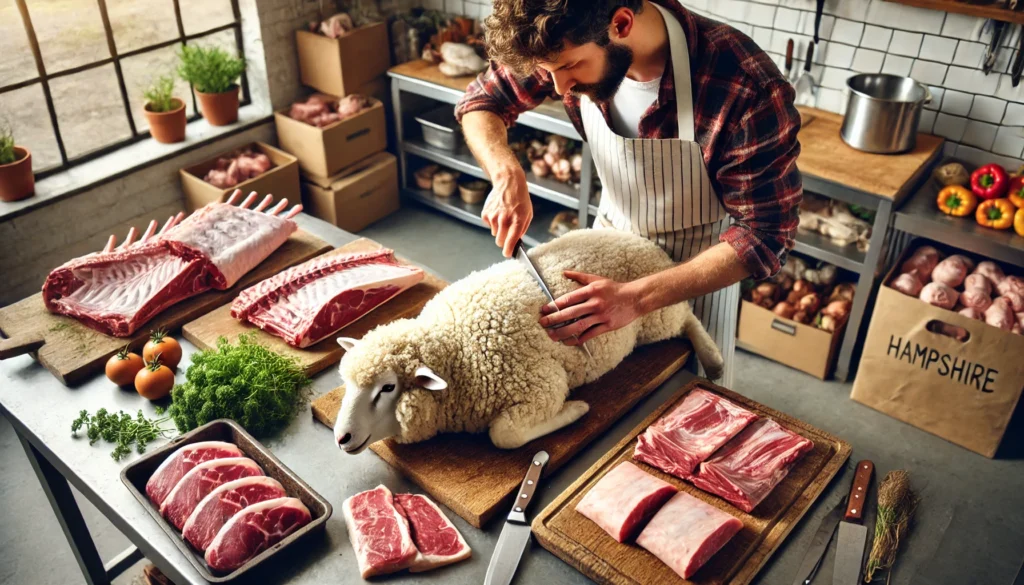
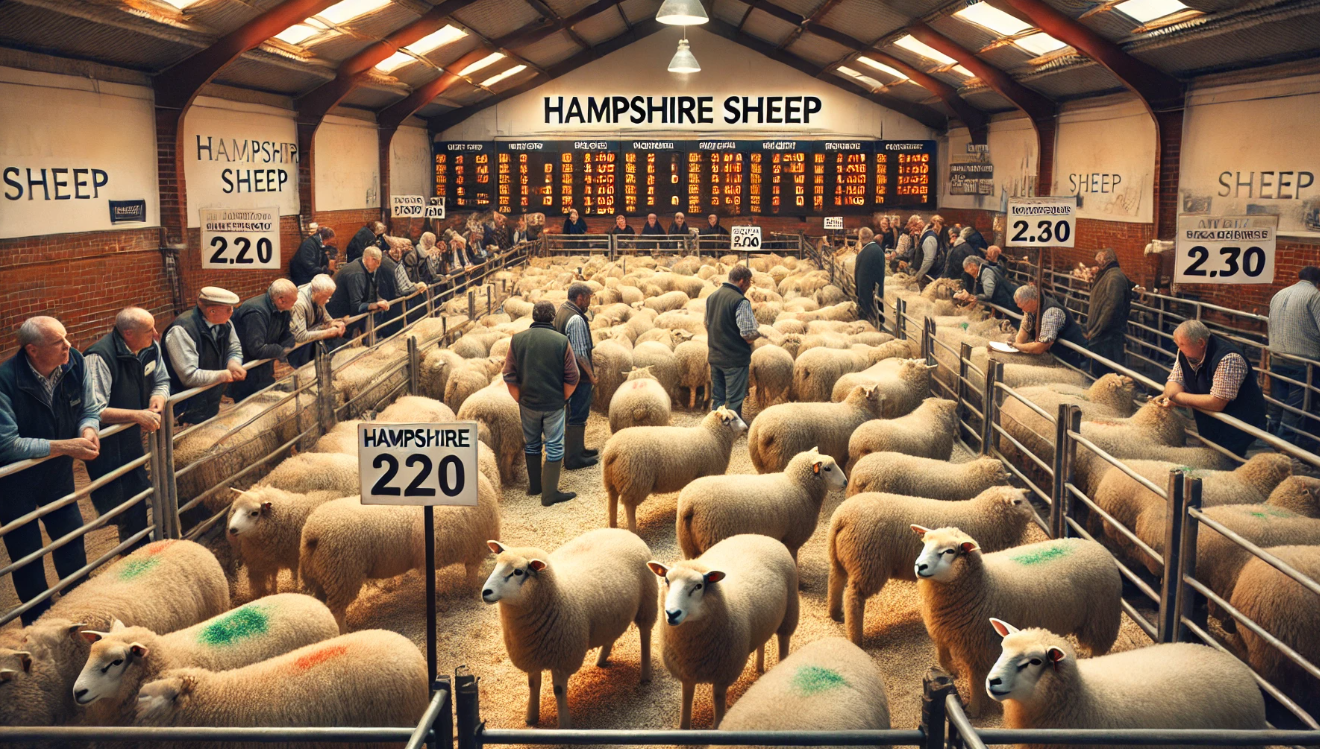












































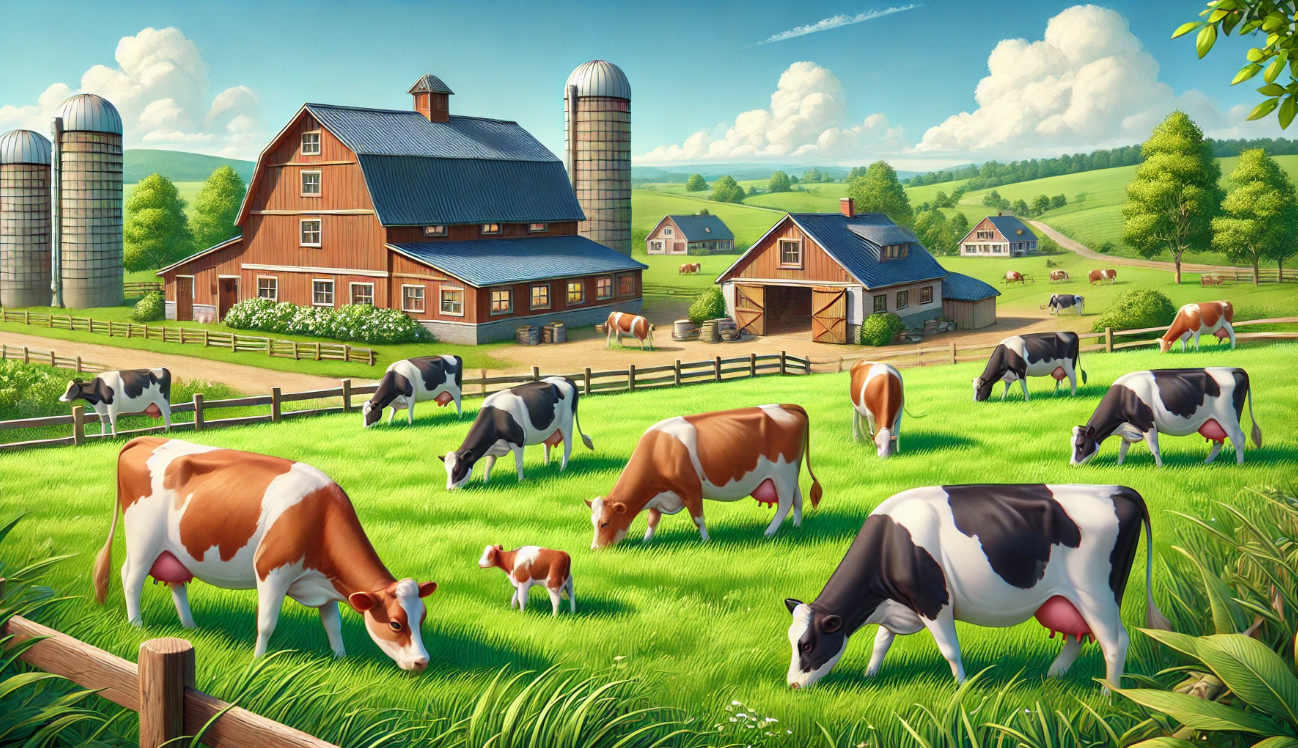

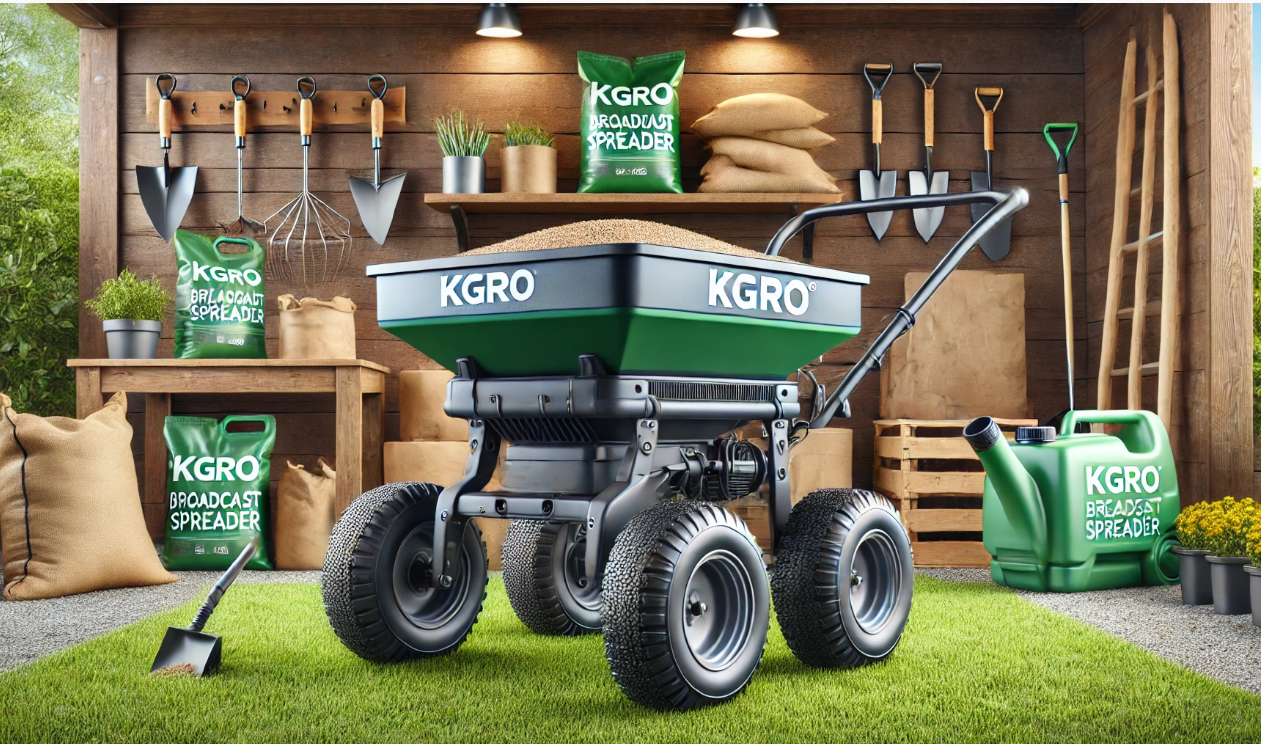
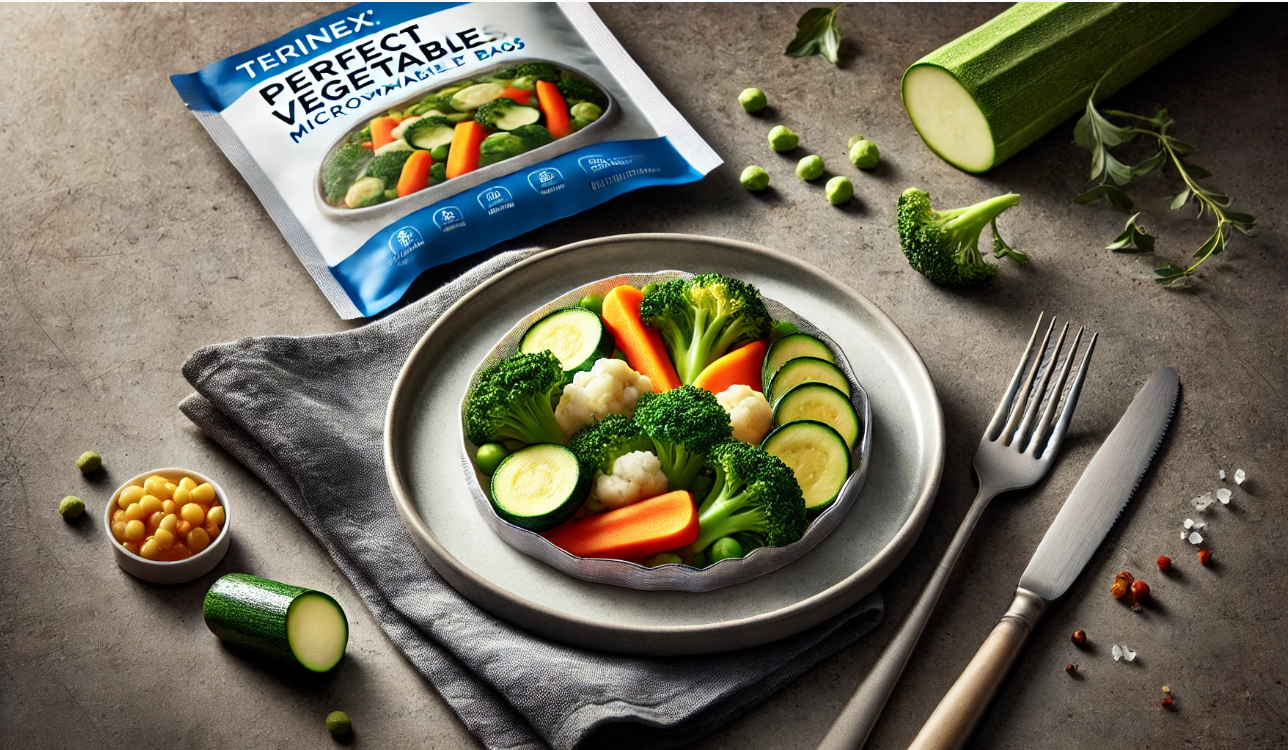





















































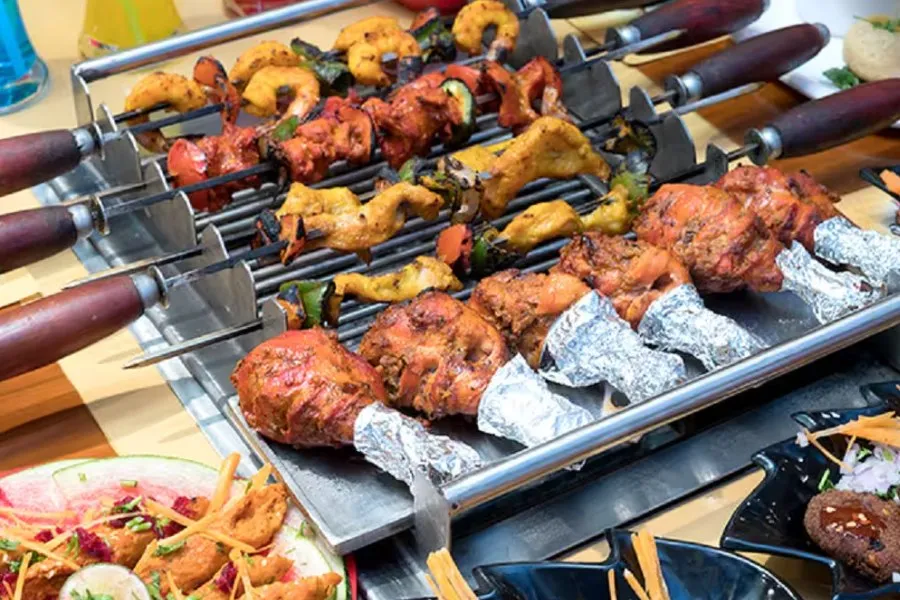

Leave a Reply